In Pictures: Top Aerospace & Defense Stories, Mar 24, 2022
March 24, 2022
Dark Fission Space Plans Nuclear Thermal Rocket Engine Demonstrator
Startup Dark Fission Space Systems announced plans on March 22 to build and demonstrate a nuclear thermal rocket engine in orbit within five years. The company is developing a nuclear thermal rocket engine as a more efficient, faster means of moving spacecraft through cislunar space, says Fred Kennedy, chief executive and co-founder of Dark Fission. The startup is raising a pre-seed round of an undisclosed amount to fund initial development work, he says.
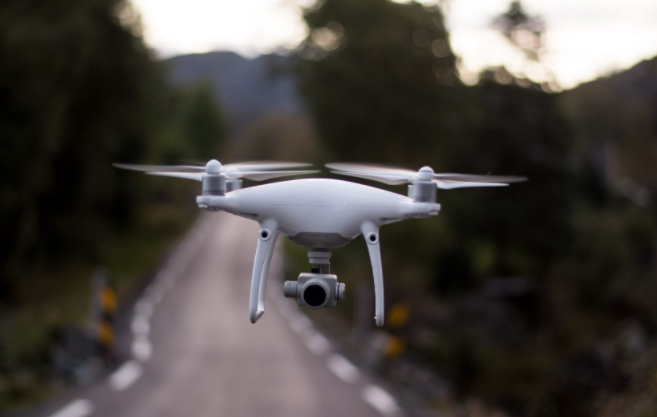
Japanese UAV Startup Terra Drone Lands $70M For Drone ATM
Japanese commercial UAV company Terra Drone has raised $70 million in Series B venture capital from local investors and will apply the funds toward a drone air traffic management (ATM) service. The six-year-old Tokyo startup said March 23 that the funds came from Mitsui, SBI Investment, Tokyu Land, Kyushu Electric Power T&D and Seika, as well as government-related organizations. Terra Drone has been working with the Japan Aerospace Exploration Agency (JAXA) to coordinate flight management of both crewed and uncrewed aircraft.
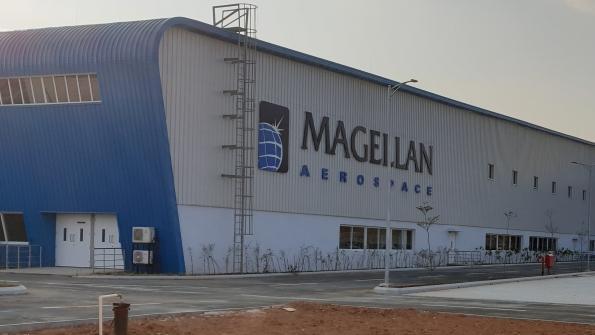
Magellan Aerospace Hit Hard By COVID-19 In 2021
The COVID-19 pandemic may be abating, but for suppliers such as Canada’s Magellan Aerospace the effects continue to hit home. The aerostructures and spacecraft sub-tier provider reported 7.5% lower revenue in 2021 compared with 2020, driven in part by lower production volume in widebody shipsets.
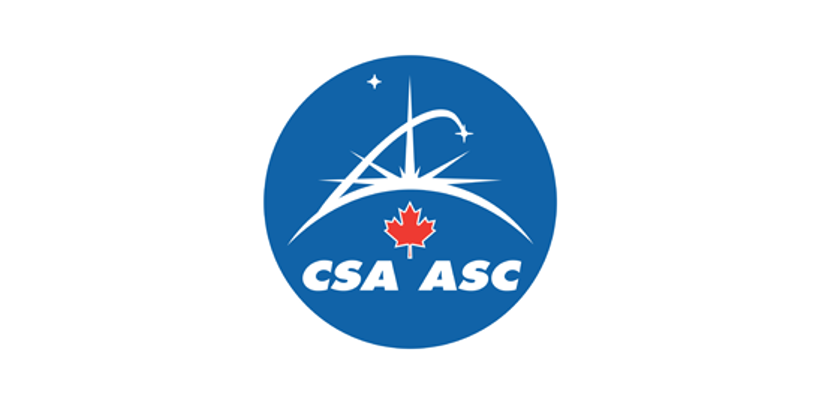
Canadian Satellite Maneuvered To Avoid Collision, Official Says
A Canadian satellite recently came “dangerously close” to another nation’s satellite, a Canadian Space Agency official says. The incident highlights the need for open communication between international satellite operators as space becomes more congested, he said. Operators need to build trust and implement procedures that would prevent another such close call.
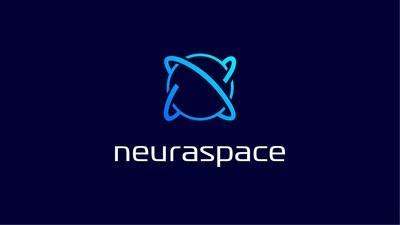
Neuraspace Breaks Into Space Situational Awareness Market
Neuraspace, a Portuguese startup looking to use artificial intelligence (AI) for space debris and satellite collision avoidance services, has landed more than $2.7 million from Armilar Venture Partners to accelerate the commercialization of its platform. Armilar was the first institutional investor in 2011 in Feedzai, an AI-based financial services startup co-founded by Nuno Sebastião, also co-founder, chairman and CEO of Neuraspace. Armilar invested in Neuraspace through its TechTransfer Fund, a venture capital fund that aims to invest in startups to commercialize their research.
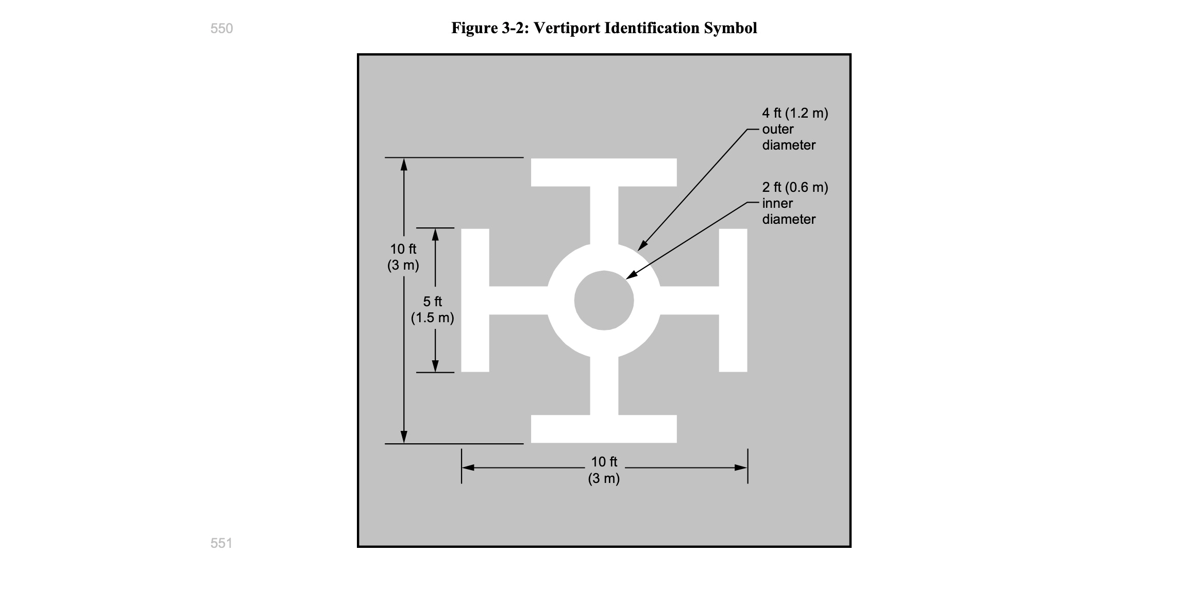
U.S. Senate Passes Bill To Advance AAM
The U.S. Senate has passed legislation aimed at marshaling federal efforts to promote the advanced air mobility (AAM) industry. The Advanced Air Mobility Coordination and Leadership Act. (S. 516), sponsored by Sens. Jerry Moran (R-Kansas) and Kyrsten Sinema (D-Ariz.), would authorize the Transportation Department (DOT) to form an interagency working group that would coordinate federal efforts to integrate AAM vehicles into the national airspace system. The Senate approved the legislation by voice vote on March 23.

SpaceX Vets Mueller, Matsumori Reunite At Impulse Space Propulsion
Barry Matsumori, a SpaceX veteran and until recently the CEO of space optical communications startup BridgeComm, was named the chief operating officer (COO) of Impulse Space Propulsion, the new in-orbit transfer services company founded by Tom Mueller, a SpaceX co-founder and its longtime chief technology officer (CTO). Matsumori’s appointment at Impulse was announced March 23, days after his departure from BridgeComm was revealed. The latter named Michael Abad-Santos as its new CEO.
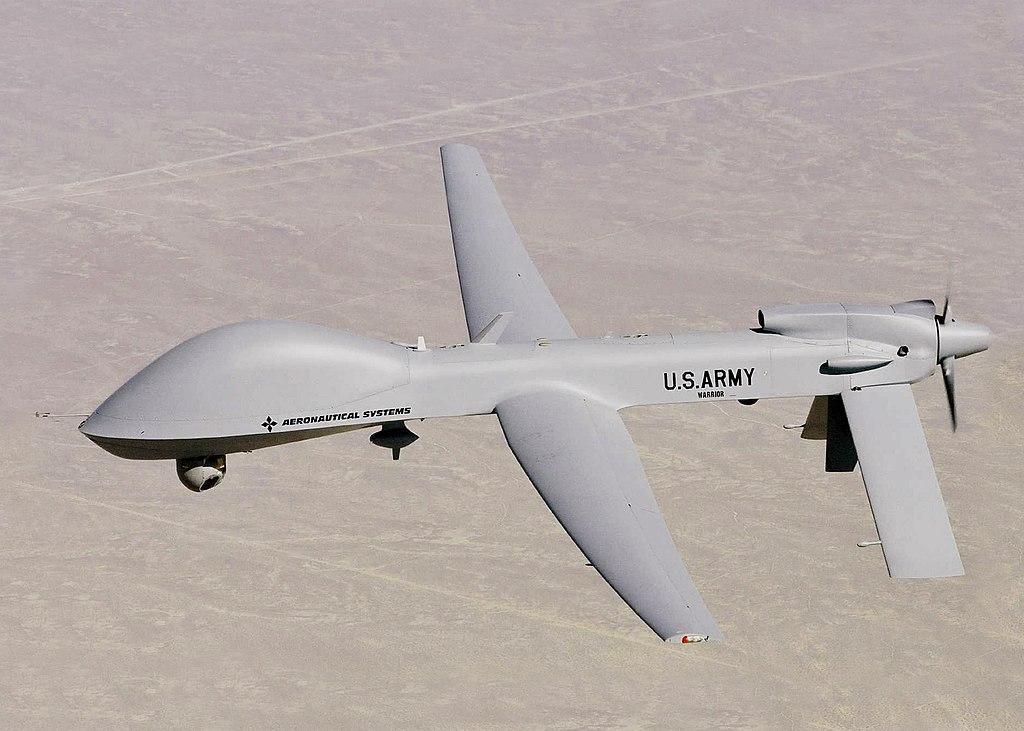
Space Force ISR Boss Wants ‘Predator’-like Asset In Orbit
For decades, the U.S. Air Force relied on its workhorse fleet of MQ-1 Predators to track and identify targets and attribute events on the ground. Maj. Gen. Leah Lauderback, the U.S. Space Force’s director of intelligence, surveillance and reconnaissance (ISR), says much like the Predator can persistently monitor a target from above, the U.S. military needs to develop a new system that can provide persistent and targeted monitoring in orbit.
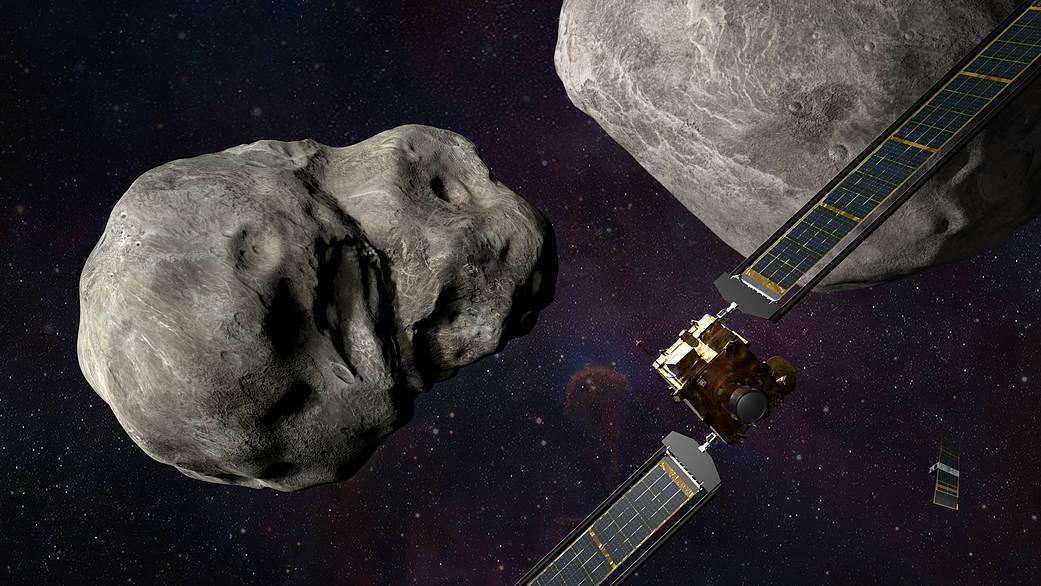
Asteroid Redirection Mission Promises Drama Next Fall
NASA’s Double Asteroid Redirection Test (DART) mission promises some real drama as it zeros in on its target later this year. The first-ever attempt to demonstrate a strategy for deflecting an asteroid on a course to destructively impact Earth is set to reach its target on Sept. 26, 2022. It was launched on Nov. 24, 2021.

Eve-Led Consortium Outlines Conops For UAM In London
A UK consortium led by Embraer company Eve UAM has completed a concept of operations for urban air mobility (UAM) in London that identifies the near-term challenges and actions required to enable electric air taxi service. The consortium developed a use case involving four vertiports connecting London Heathrow Airport to the west with London City Airport in the east, with two stops in Central London. The team foresaw three stages of development, or horizons, from initial low-density piloted operations using existing procedures to high-density piloted and autonomous UAM requiring new airspace services.
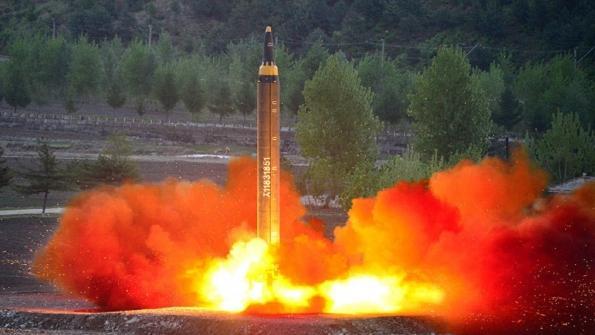
North Korea Tests Most Powerful Missile To Date
North Korea on March 24 tested an unidentified, ICBM-class missile on a lofted trajectory breaking a self-imposed flight testing freeze on such weapons since 2017. The missile was launched from the west coast of North Korea on a high, suborbital-like trajectory that reached an apogee of about 3,852 mi. (6,200 km), according to South Korea’s Joint Chiefs of Staff.
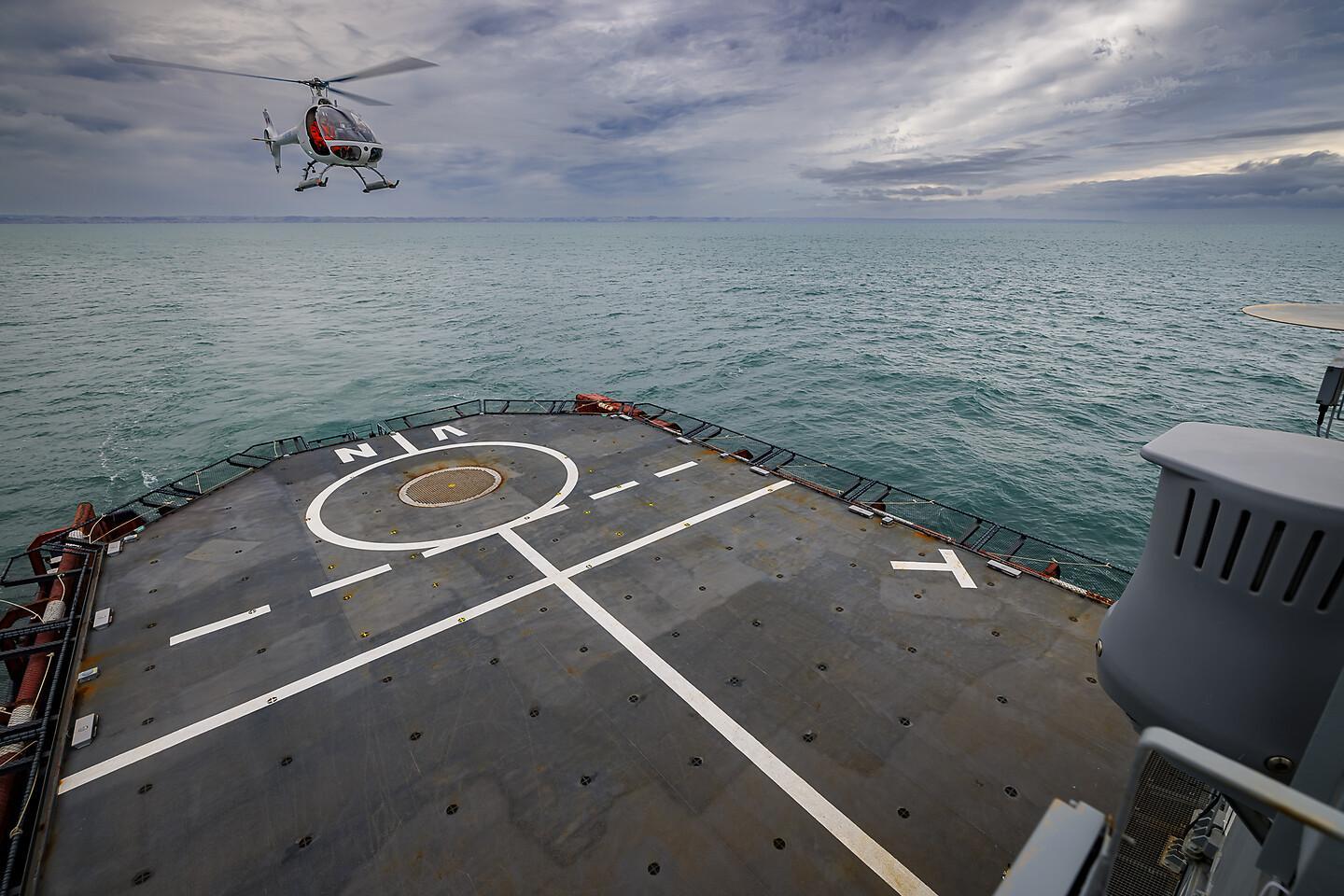
Airbus Tests Autonomous Takeoffs, Landings Of VSR700 UAS
Airbus Helicopters has begun testing the autonomous takeoff and landing capabilities of its VSR700 rotary-wing unmanned aircraft system (UAS). The company has been using an optionally piloted Guimbal Cabri G2 light helicopter, the airframe on which the VSR700 is based, to perform a series of takeoffs and landings from a commercial ship with a helipad.
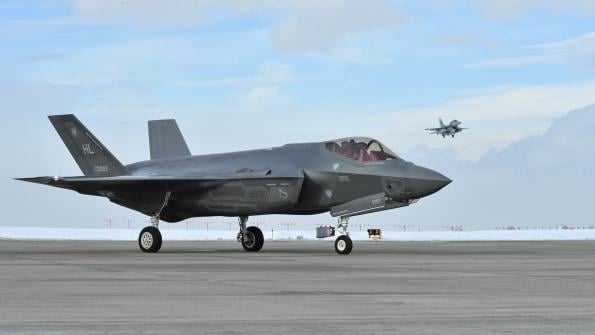
Switzerland Opts For Italian-Assembled F-35s
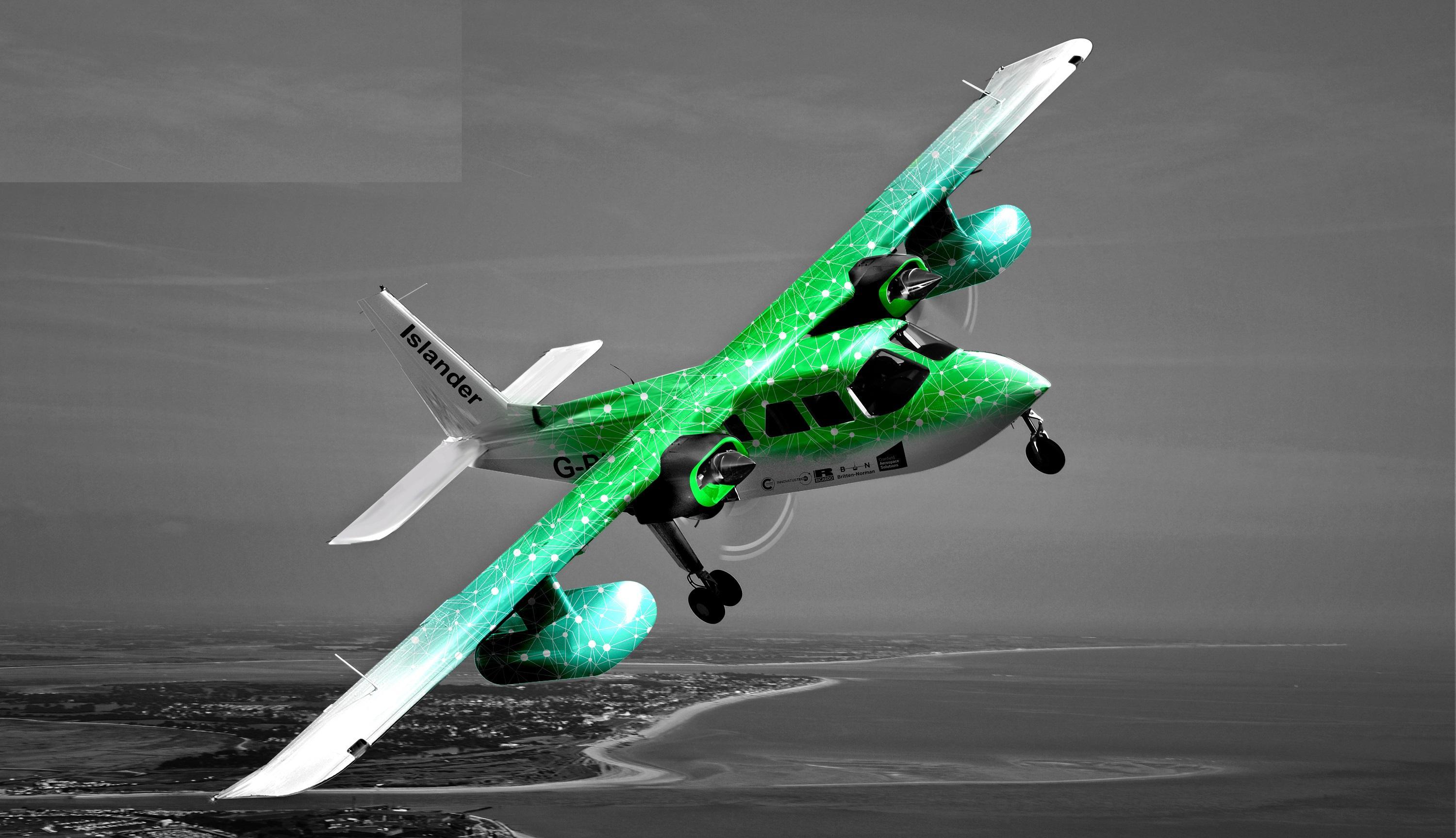
Safran Backs Hydrogen Propulsion Developer Cranfield Aerospace
The UK’s Cranfield Aerospace Solutions has secured £10.5 million ($13.8 million) in investment from HydrogenOne Capital Growth and Safran to develop hydrogen fuel-cell electric propulsion for aviation. UK-based HydrogenOne, established to channel investment into green hydrogen production, is investing £10 million and Safran Capital Ventures £3.5 million. Safran is also partnering with Cranfield Aerospace Solutions (CAeS) on the development of hydrogen-electric propulsion.

NATO To Bolster Eastern Defenses, Hike Materiel Support To Ukraine
NATO leaders have pledged to increase materiel support to Ukraine and further strengthen the alliance’s presence in Eastern Europe. Meeting in Brussels at an emergency meeting a month into Russia’s invasion of Ukraine, alliance heads of state made “concrete offers of assistance,” NATO Secretary General Jens Stoltenberg said.
From startup Dark Fission Space Systems announcing plans to build and demonstrate a nuclear thermal rocket engine in orbit within five years, to a Japanese commercial UAV company Terra Drone raising $70 million for a drone air traffic management service. Take a look at these and more in our daily roundup of aerospace & defense news.
These are some of the top stories from AWIN. Subscribe now for unrivalled, intelligent content, trustworthy data, exclusive analytics and meaningful insight. AWIN Premium is the only online resource that spans the commercial, military, business aviation and MRO market sectors.
With a focus on the programs and technologies shaping the market, as well as the most robust databases in the industry, AWIN Premium simplifies locating new business opportunities so you can generate new revenue.
AWIN Premium Membership includes Aviation Daily, Aerospace Daily & Defense Report, and The Weekly of Business Aviation, and digital access to Aviation Week & Space Technology, Inside MRO, Air Transport World (ATW), and Business & Commercial Aviation (BCA).